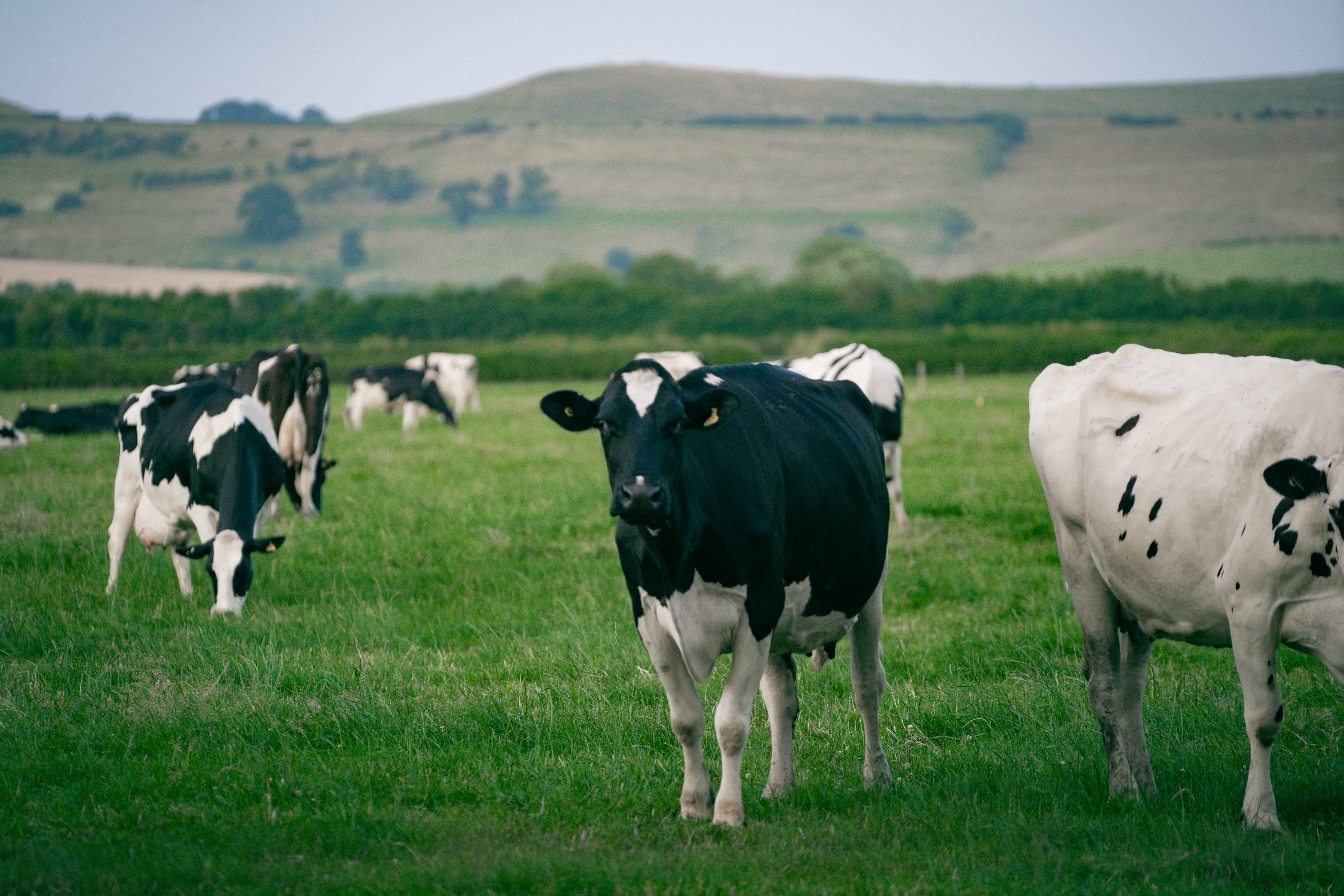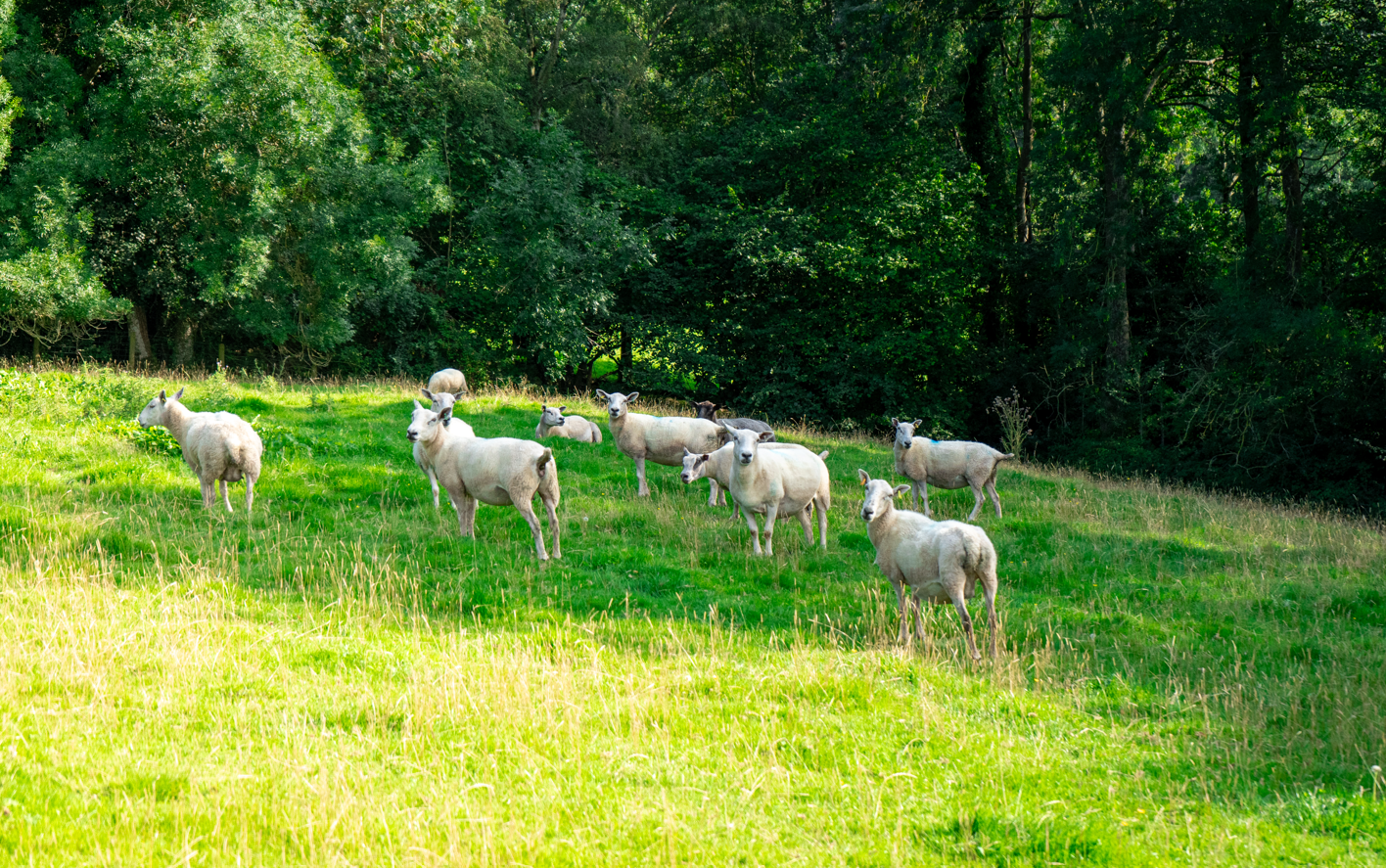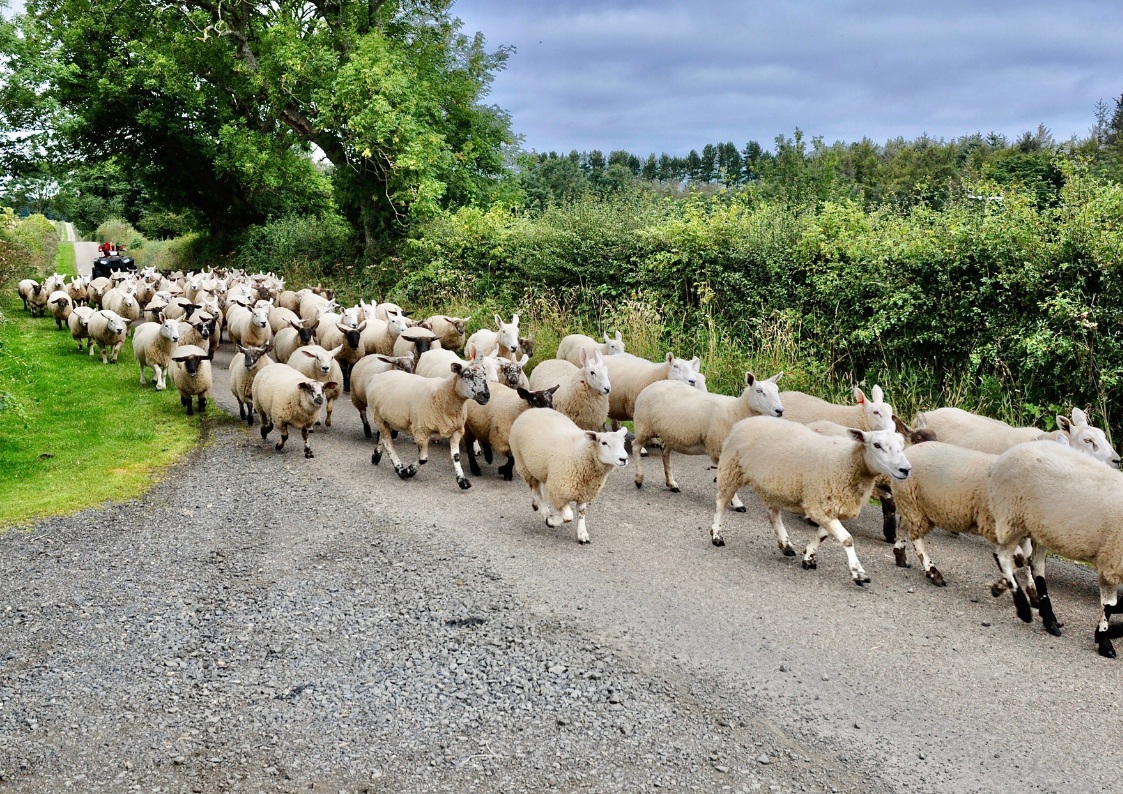This month marks 25 years since the formation of the British Cattle Movement Service (BCMS). In April 2003 the service was merged with the Rural Payments Agency (RPA), maintaining a presence in Workington in Cumbria, whilst evolving into the experienced and diverse team seen today.
The BCMS were initially established to support the traceability of cattle across the UK following the bovine spongiform encephalopathy (BSE) crisis, also known as Mad Cow Disease. Since then, they have grown to provide the industry-respected British Cattle Movement Service. Processing a large amount of information on cattle births, movements and deaths, the Cattle Tracing System helps to control the spread of bovine diseases and ensure food safety in relation to animal produce.
Terry Gadd, RPA lead for livestock and trader scheme related services, is responsible for the operation of BCMS and manages relationships with policy colleagues in Defra. He comments: “The services that BCMS provide make it possible to check which animals are present on a keeper’s holding, where an animal has been during its life, trace animals exposed to disease risk and provide assurance to buyers about an animal’s life history. This all plays a key role in livestock traceability, disease control and maintaining customer confidence in beef and its origin.”
To mark the 25th anniversary, several events are taking place over the course of the month to celebrate the BCMS and all their accomplishments.
“My team and I are immensely proud of the quality and longevity of the services we have provided to our GB customers over the last 25 years. A well-respected and trusted service, since its formation the BCMS has successfully processed approximately 453 million cattle transactions, issued nearly 68 million cattle passports, and processed almost 318 million cattle movements… a monumental achievement,” Terry continues.
This year our people began supporting on the administration of the new Livestock Information (LI) sheep service and next year will see another significant progressive change for BCMS, as it transitions onto the new digitally enhanced multi-species database delivered by LI. Having the movement data recorded digitally will bring with it a reduction in administrative time and improve efficiencies across the supply chain for recording data. There will also be the ability for farmers to access and utilise the data for their own business purposes.
Users can rest assured that the knowledgeable staff who currently provide the service for the BCMS will be the same team supporting throughout the transition to the Livestock Information Service (LIS).
“We receive excellent customer feedback through satisfaction surveys, and we continue to work hard to ensure ongoing customer engagement on a daily basis. Listening to, and working closely with, industry stakeholders has been essential to providing a quality and user-friendly service. Our hard-working and dedicated team of people, both in BCMS and across the wider RPA, will continue to play an integral role in supporting the new multi-species LIS platform when it goes live,” Terry says.
Cattle traceability is entering a new, digital era and the aim is for a smooth transition to occur, enabling the capabilities of the platform delivered from LI to be fully embraced.
“Continuing to work alongside livestock customers and understanding their needs will be essential to ensure a successful transition from BCMS to the new and highly anticipated multi-species traceability service. Without the insight and support of producers and industry stakeholders, we wouldn’t be able to provide the services we do,” Terry explains.
As we celebrate 25 years of the BCMS, we are also excited to look to the future and consider the developments to come. To stay up to date with our latest activity, follow us on Twitter, Facebook or Instagram.




